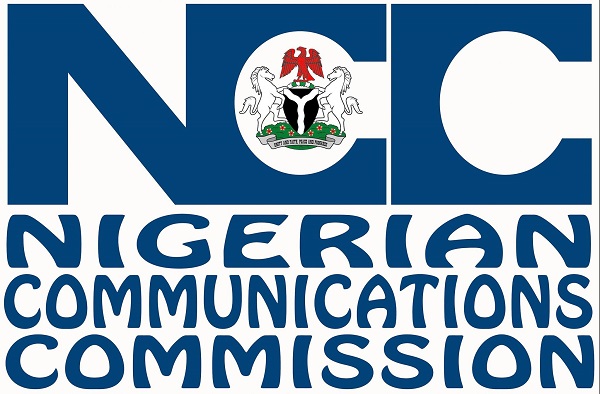
The Nigerian Communications Commission (NCC) has taken a step back on the proposed disconnection of Globacom from the MTN network, granting the former a 21-day extension.
The decision was communicated in a statement issued by the NCC director of public affairs, Dr. Reuben Muoka in Abuja.
Muoka highlighted that the commission anticipates both MTN and Glo to resolve outstanding issues during this 21-day grace period. Emphasising the importance of settling interconnect debts as part of regulatory obligations for all licensees, the NCC expressed satisfaction with the agreement reached between the parties.
The commission, exercising its regulatory powers, has temporarily halted the phased disconnection, expecting a resolution within the provided timeframe. It reiterates the obligation for mobile network operators (MNOs) and other licensees in the telecom industry to adhere to the terms and conditions of their licenses, especially those outlined in their interconnection agreements.
Previously, the NCC had issued a pre-disconnection notice, informing subscribers about the approved disconnection of Glo from the MTN network starting January 18. The disconnection stemmed from a longstanding interconnection debt dispute between the two companies. The partial disconnection would restrict Glo’s subscribers from placing calls to any MTN number, although they could still receive calls from MTN users.
The NCC’s decision to suspend the phased disconnection reflects its commitment to fostering a fair and stable telecommunications environment. By providing a 21-day extension, the commission offers a window for negotiation and resolution, encouraging both parties to address their differences and meet regulatory obligations.
Muoka emphasized the commission’s satisfaction with the agreement reached between MTN and Glo to resolve all outstanding issues. This positive development prompted the NCC to exercise its regulatory powers and put the phased disconnection on hold.
The NCC insists on the settlement of interconnect debts by all operating companies, considering it a necessary component for compliance with regulatory obligations. The commission places a strong emphasis on the terms and conditions outlined in interconnection agreements, urging MNOs and licensees in the telecom industry to uphold these standards.
While the temporary suspension provides a breathing space, it places the onus on MTN and Glo to expedite efforts in resolving their disputes within the 21-day period. The NCC’s expectation is that both companies will engage in constructive dialogue to ensure that the issues surrounding interconnect debts are thoroughly addressed.
The background of this situation lies in the longstanding interconnection debt dispute between MTN and Glo. The NCC, earlier in January, had approved MTN’s request to partially disconnect Glo from its network due to unpaid interconnect charges. The approval granted MTN the authority to initiate the disconnection, with the effective date set for January 18.
The partial disconnection, as approved by the NCC, would mean that Globacom’s subscribers would be unable to place calls to any MTN number, although they could still receive calls from MTN users. This move was a regulatory measure to address the issues arising from the interconnection debt dispute.
Now, with the suspension of the phased disconnection for 21 days, there is an opportunity for MTN and Glo to engage in meaningful discussions and find a resolution that aligns with regulatory standards. The NCC’s focus on compliance, fairness, and adherence to regulatory obligations underscores the importance of maintaining a stable and reliable telecommunications network for the benefit of subscribers and the industry as a whole.
As both companies navigate the negotiation process, stakeholders in the telecom industry will be keenly observing the developments, hoping for an amicable resolution that ensures the continued provision of services and maintains a competitive and thriving telecommunications sector in Nigeria.


